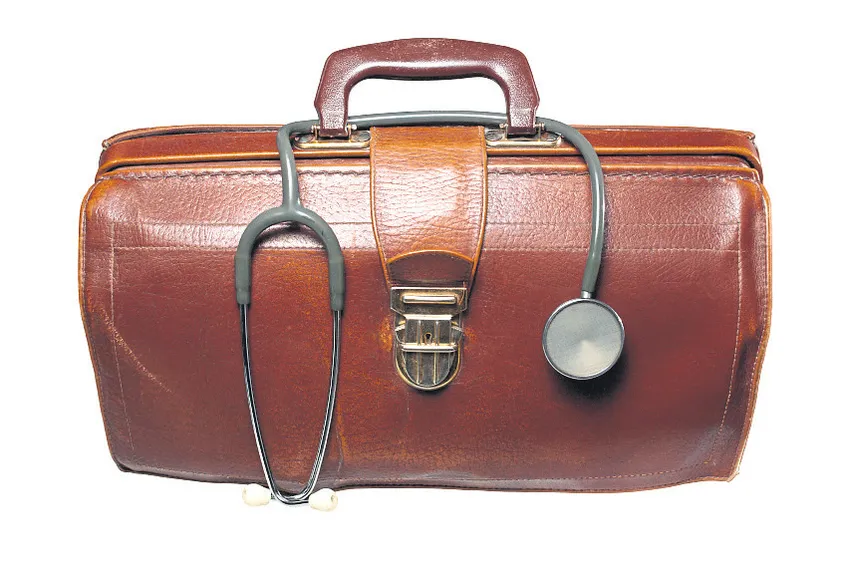Leaving his anxious Christian family behind, he went off to become a medical student... Faith Cook tells the story.
It was 1856.
Seventeen-year-old William Mackay was about to leave his home in Montrose, Scotland to start his medical studies in Edinburgh. An ambitious and intelligent young man, he was eagerly anticipating his future career, but as his mother helped William pack his belongings, she felt a dart of anxiety.


